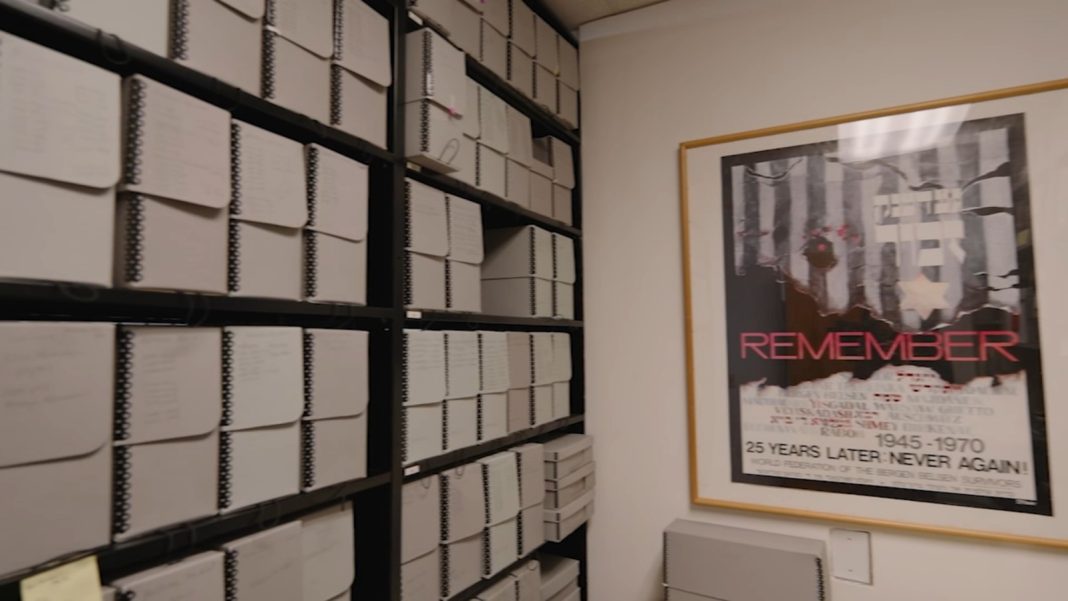 Australia’s current economic situation is described as “fat, flaccid, and foolish.” The country has experienced a period of extraordinary wealth fueled by its mineral resources, particularly after the increase in prices due to the Ukraine conflict. However, the government seems content to rely on this wealth without focusing on growing the economy. The treasurer’s budget speech is seen as a smorgasbord of subsidies and benefits for everyone, but it fails to address the need for self-reliance and individual responsibility. While there are deserving causes, many of them may be unaffordable in the long run.
Australia’s current economic situation is described as “fat, flaccid, and foolish.” The country has experienced a period of extraordinary wealth fueled by its mineral resources, particularly after the increase in prices due to the Ukraine conflict. However, the government seems content to rely on this wealth without focusing on growing the economy. The treasurer’s budget speech is seen as a smorgasbord of subsidies and benefits for everyone, but it fails to address the need for self-reliance and individual responsibility. While there are deserving causes, many of them may be unaffordable in the long run.
Moreover, government expenditure has been steadily increasing over the years, especially since the Rudd Labor government came into power in 2008. COVID-19 further exacerbated this trend, with government spending reaching 31.6 percent of GDP. The budget does little to address this issue and instead cements higher levels of government expenditure. This increase is funded by government debt, which is projected to rise from 20 percent of GDP to 21.9 percent.
To address the economic predicament, it is essential to grow the economy faster than expenditure. However, the current direction of the government hinders economic growth. The industrial relations system has regressed, power prices continue to rise, and excessive regulations stifle development. Additionally, the Fair Work Commission’s wage increases without considering productivity further contribute to a redistributive economy rather than a growth-oriented one.
The author suggests that the government may not be foolish enough to believe that this budget will deliver on its promises. There appears to be a lack of enthusiasm among the treasurer’s colleagues, with Finance Minister Katy Gallagher seemingly taking a more prominent role. The budget seems to be tailored towards an upcoming election, with hopes of falling interest rates and the Reserve Bank being convinced that subsidizing prices will impact inflation. However, there is skepticism about whether these strategies will be effective in the long run.
Overall, the budget fails to address the need for economic growth and self-reliance. It relies heavily on government subsidies and benefits without considering the long-term affordability and sustainability of these measures. The government’s focus on redistribution rather than growth contributes to the “foolish” perception surrounding the budget.

